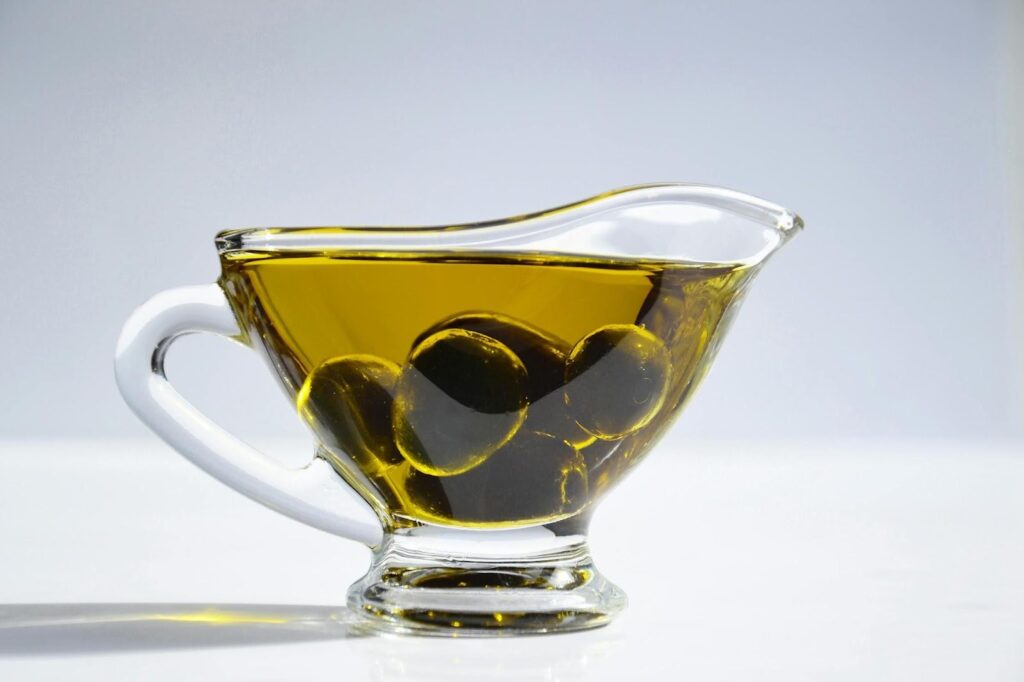Olive oil has long been considered a staple in Mediterranean cooking, but its uses and benefits stretch far beyond one regional cuisine. As modern kitchens increasingly embrace health-conscious and flavor-driven ingredients, olive oil has rightfully earned its place on the global culinary stage. From everyday sautéing to finishing dishes with finesse, olive oil does more than just add a subtle richness; it supports health, enhances flavors, and offers versatility that few other cooking oils can match. Whether you’re an experienced home cook or just beginning your culinary journey, discovering the advantages of incorporating olive oil into your routine can elevate your food and your well-being. Let’s explore six compelling reasons why keeping olive oil in your kitchen is a decision you’ll be glad you made.
A Heart-Healthy Powerhouse
One of the most celebrated benefits of olive oil is its positive impact on heart health. Rich in monounsaturated fats, particularly oleic acid, olive oil helps reduce bad LDL cholesterol levels while boosting good HDL cholesterol. This balance is crucial for preventing cardiovascular diseases, experts from Frantoio Grove Olio Nuovo suggest. The antioxidants found in extra virgin olive oil, such as polyphenols and vitamin E, work to reduce inflammation and protect blood vessels from oxidative damage. Several studies, including those following the Mediterranean diet, have consistently shown that diets rich in olive oil are linked to lower incidences of heart attacks and strokes.
Boosts Flavor Without Overpowering
Olive oil has a unique ability to enrich the flavor of food without overwhelming the other ingredients. Depending on the variety, it can offer notes of grassiness, pepper, fruitiness, or nuttiness, adding complexity and character to everything from roasted vegetables to marinades and even baked goods. When drizzled over a finished dish like grilled fish or a hearty soup, extra virgin olive oil can provide a final touch that pulls all the flavors together. Unlike heavily processed oils, olive oil retains the essence of the olives from which it was made, allowing it to contribute a layer of authenticity and depth to your meals.
A Versatile Culinary Workhorse
Olive oil’s uses go far beyond pan-frying and salad dressing. Its versatility makes it an indispensable asset in the kitchen. You can use it to sauté, roast, bake, grill, and even poach. Need a butter substitute in baking? Olive oil fits the bill, especially in recipes like cakes, muffins, and bread, where it adds moisture and richness. Making your mayonnaise or aioli? Olive oil brings a rich, slightly tangy flavor. You can infuse olive oil with herbs and spices to create your flavored oils for dipping or drizzling. With its high adaptability, olive oil seamlessly transitions from a simple cooking medium to a gourmet ingredient.
Supports Digestive and Anti-Inflammatory Health
Olive oil is a natural supporter of the digestive system and a known anti-inflammatory agent. Its consumption stimulates the production of bile and pancreatic hormones, aiding in smoother digestion. Olive oil can help prevent or relieve issues such as constipation and gastritis when used regularly in meals. The same polyphenols that protect the heart work to combat inflammation in the body, an underlying factor in many chronic conditions like arthritis, diabetes, and certain cancers. Including olive oil in your meals can contribute to a healthier gut and a stronger immune response, giving you yet another reason to make it a kitchen staple.
A Source of Beauty and Skin Health
While primarily a cooking ingredient, olive oil is known for its beauty-enhancing properties, many of which come from the same antioxidants and nutrients that benefit your internal health. Consuming olive oil regularly provides vitamin E, which supports skin elasticity and hydration. Some people even use it topically as a moisturizer, makeup remover, or hair conditioner due to its nourishing and soothing qualities. That said, the greatest benefits come from within: when you incorporate olive oil into your diet, its anti-inflammatory compounds and healthy fats contribute to glowing skin, shiny hair, and even stronger nails. It’s a beauty secret hiding in plain sight in your pantry.
Environmentally Friendly and Naturally Sourced
Choosing olive oil over more heavily processed or chemically extracted oils can be a step toward more sustainable living. Olive oil production generally involves minimal processing and fewer additives, making it a cleaner, more natural product. Many producers use traditional and organic farming methods, reducing the environmental impact of their operations. The olive tree itself is a resilient and drought-tolerant plant that can grow in challenging climates, often helping to maintain ecosystems and support biodiversity. By selecting ethically sourced olive oils, you enjoy a better product and contribute to environmentally conscious food choices.
Stocking your kitchen with olive oil is a wise, health-conscious, and environmentally friendly decision. From its proven heart benefits and versatile uses to its subtle flavor-enhancing properties and beauty-boosting nutrients, olive oil is one of the most valuable staples you can have in your culinary toolkit. Whether you drizzle it over fresh vegetables, use it for frying, or blend it into sauces, olive oil brings both nourishment and delight to your everyday meals. So the next time you reach for a bottle, know that you’re not just making dinner, you’re making a deliciously smart choice for your health and lifestyle.






